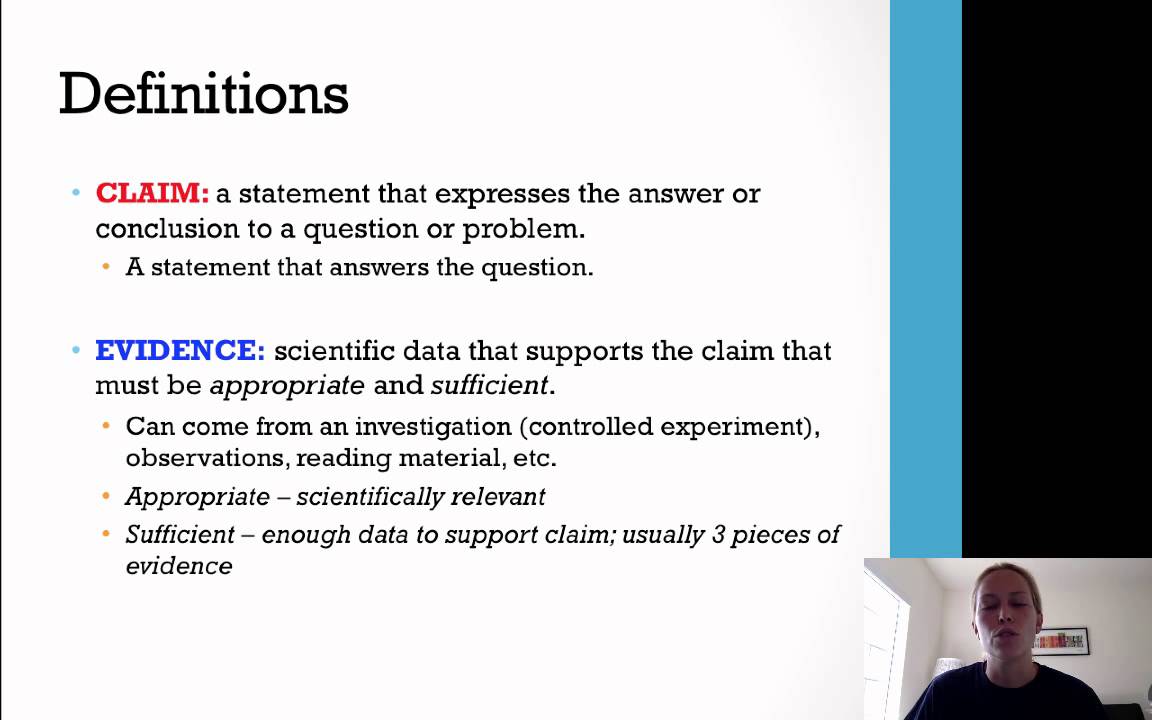Unlocking Opportunity: The Transformative Power of Continuing Education

Introduction: Why Continuing Education Matters More Than Ever
In today’s fast-evolving professional landscape, continuing education stands out as a strategic investment for anyone seeking to remain competitive, fulfilled, and resilient. Whether you’re advancing in your current field, contemplating a career change, or searching for personal growth, the importance of lifelong learning cannot be overstated. This article explores the multifaceted benefits of continuing education and provides actionable guidance on how to access opportunities for growth and advancement.
Staying Competitive in a Rapidly Changing Job Market
The job market is continuously shaped by technological advances, shifting industry demands, and global trends. What was considered cutting-edge knowledge just a few years ago may already be obsolete. Continuing education ensures your skills remain relevant and positions you as a forward-thinking professional equipped to thrive in dynamic environments. For example, many industries now prioritize expertise in automation, artificial intelligence, and data analysis. By enrolling in courses or certification programs that focus on these areas, you not only keep pace with change but also signal to employers your commitment to professional development [1] .

Source: eduflix.krugerschool.edu.ec
Actionable Steps: To stay competitive:
- Research industry trends regularly using trusted sources like the U.S. Bureau of Labor Statistics or trade association reports.
- Identify gaps in your skill set and seek targeted training through accredited institutions, professional organizations, or reputable online platforms.
- Set a schedule for periodic skill assessment and update your resume with new credentials as you acquire them.
Career Advancement and Greater Earning Potential
One of the most compelling reasons for continuing education is the potential for career advancement. Many employers value candidates who show evidence of ongoing learning, as it demonstrates adaptability and motivation. Obtaining certifications, advanced degrees, or attending specialized workshops can make you more competitive for promotions, salary increases, or new job opportunities. According to data from the U.S. Bureau of Labor Statistics, those with higher levels of education tend to earn more and experience lower unemployment rates [2] .
Actionable Steps: To advance your career:
- Contact your employer’s HR department to inquire about tuition assistance or reimbursement programs for continuing education.
- Seek out industry-specific certification programs (for example, Project Management Professional (PMP), Certified Public Accountant (CPA), or CompTIA certifications in IT).
- Consult with mentors or professional coaches to tailor your learning path to your career goals.
Skill Enhancement and Adaptability
Continuing education is essential for enhancing and updating your skill set, especially in sectors where technology and best practices evolve rapidly. Whether learning new programming languages, mastering the latest healthcare protocols, or refining leadership abilities, these skills help maintain employability and adaptability. Lifelong learning not only sharpens technical abilities but also develops soft skills such as communication, teamwork, and problem-solving [4] .
Actionable Steps: For skill development:
- Explore workshops and short courses in your field through local colleges, universities, or online platforms like Coursera, edX, and LinkedIn Learning.
- Set learning goals based on feedback from supervisors and performance reviews.
- Join professional associations that offer skill development seminars and webinars.
Personal Growth, Mental Health, and Confidence Building
Continuing education is not just about professional advancement-it’s a powerful catalyst for personal growth. Engaging in learning activities promotes critical thinking, creativity, and broadened perspectives. Studies show lifelong learning can improve memory, focus, and overall mental health, contributing to a more satisfying and resilient life [5] . Moreover, mastering new concepts and acquiring skills builds confidence, helping you communicate better, handle feedback constructively, and embrace leadership roles [3] .
Actionable Steps: To foster personal growth:
- Identify areas of interest beyond your professional scope and enroll in community education courses or hobby workshops.
- Practice self-directed study using reputable books, podcasts, and free online resources.
- Reflect on your learning experiences using journaling or discussion groups to deepen your understanding and highlight progress.
Building Professional and Personal Networks
Enrolling in continuing education programs creates opportunities to connect with peers, instructors, and industry experts. These relationships offer mentorship, support, and potential job leads, expanding your professional network and building a sense of community. Networking can be particularly beneficial during career transitions or when seeking new opportunities [4] .

Source: otosection.com
Actionable Steps: To build your network:
- Attend workshops, seminars, and conferences relevant to your field.
- Participate in online forums, LinkedIn groups, and alumni associations.
- Seek out mentorship programs offered by professional organizations or educational institutions.
Resilience and Navigating Challenges
The pursuit of continuing education is often accompanied by challenges, such as balancing work, family, and study commitments. However, overcoming these obstacles strengthens resilience and problem-solving skills, which are invaluable in both personal and professional contexts [5] . Successfully adapting to new learning environments and meeting rigorous academic demands builds confidence and persistence that translates to all areas of life.
Actionable Steps: To build resilience:
- Set realistic learning goals and break them into manageable steps.
- Utilize time management tools and create a dedicated study schedule.
- Seek support from family, friends, and fellow learners when facing challenges.
How to Access Continuing Education Opportunities
There are numerous pathways to continuing education, each offering flexible options to suit different needs and schedules. Here’s how you can get started:
- Local Colleges and Universities: Many institutions offer evening, weekend, and online courses for working adults. Visit the official website of your local college or university and search “continuing education” or “adult education programs.” You can also contact admissions offices directly for guidance.
- Online Learning Platforms: Platforms such as Coursera ( www.coursera.org ), edX ( www.edx.org ), and LinkedIn Learning ( www.linkedin.com/learning ) offer a vast array of courses and certificate programs in diverse subjects. Registration is generally straightforward and many courses are self-paced.
- Professional Associations: Most industries have official organizations that provide certifications, workshops, and webinars. Search for your field’s main association and explore their education offerings.
- Employer-Sponsored Programs: Ask your HR department about tuition reimbursement, professional development funds, or company-sponsored training programs. Many employers provide substantial support for continuing education.
- Community Education: Local libraries, community centers, and non-profit organizations frequently offer free or low-cost classes. Check their official websites or call for current offerings.
For those seeking financial assistance, contact the financial aid office of your chosen institution or explore scholarships and grants through reputable sources. If you’re interested in government programs, search for educational grants or workforce training through the U.S. Department of Labor or your state’s Department of Education. Always verify the legitimacy of any program before applying.
Potential Challenges and Solutions
While the benefits of continuing education are substantial, learners may face obstacles such as time constraints, financial limitations, and uncertainty about where to start. Here are practical solutions:
- Time Management: Use calendars, planners, and digital tools to allocate dedicated study periods each week. Choose online or hybrid programs that offer flexibility.
- Financial Support: Inquire about employer reimbursement, local scholarships, or government grants. Many online platforms offer free introductory courses.
- Where to Begin: Start by identifying your goals-career advancement, personal enrichment, or skill acquisition. Then research options and speak with advisors at your local college or professional association.
Key Takeaways
Continuing education is a powerful tool for unlocking new opportunities, advancing your career, enhancing personal growth, and building resilience. By staying proactive and leveraging available resources, you can design a lifelong learning journey tailored to your aspirations. Begin by exploring accredited programs, setting clear goals, and building a supportive network to propel your success.
References
- [1] Lackawanna College (2025). Why Continuing Education Is Important.
- [2] Career Village (2024). The Importance of Continuing Your Education.
- [3] Columbia Southern University (2024). Why Continuing Education Is Important.
- [4] Clayton State University CaPE (2025). The Importance of Lifelong Learning.
- [5] Excel Center MD (2025). How Continuing Education Benefits Mental and Emotional Health.